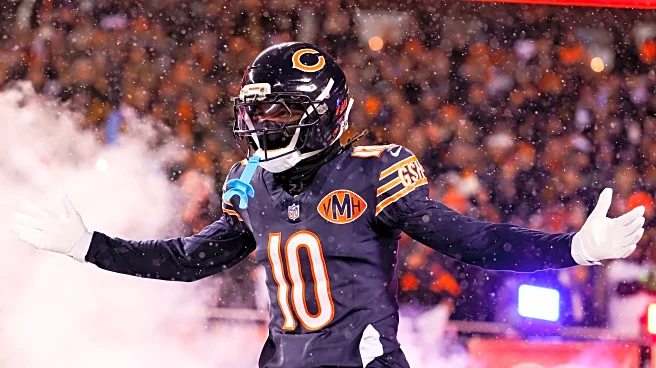What's Happening?
The WNBA has achieved significant milestones during the 2025 season, with players like A'ja Wilson contributing to its success. Despite these achievements, financial issues remain a point of contention,
particularly concerning player compensation and league revenue distribution. The offseason has been marked by discussions around the collective bargaining agreement, highlighting the need for financial reforms to sustain the league's growth and support its athletes.
Why It's Important?
The financial challenges facing the WNBA are critical as they impact player satisfaction and the league's ability to attract and retain talent. Addressing these issues is essential for the league's long-term viability and competitiveness. The discussions around the collective bargaining agreement could lead to changes that improve player compensation and enhance the league's financial structure. These developments are vital for maintaining the momentum of the WNBA's growth and ensuring its future success.
Beyond the Headlines
The financial dynamics within the WNBA also reflect broader issues in women's sports, where disparities in pay and investment compared to men's leagues are prevalent. Resolving these challenges could set a precedent for other women's sports leagues, promoting equity and sustainability. The ongoing negotiations may also influence public perception and support for the league, potentially driving increased sponsorship and media coverage.










